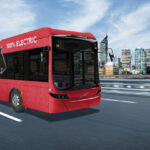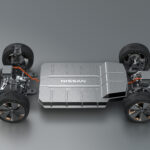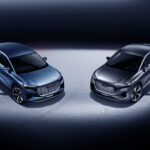
Fleet of 20 Nexo hydrogen fuel-cell SUVs will contribute to emissions reductions The Government of the Australian Capital Territory (ACT) is adopting the hydrogen-powered Hyundai Nexo as part of its drive towards clean transport. A total of 20 Nexos, which are fuel cell-powered electric vehicles (FCEVs), are due to be introduced to the Government’s fleet. … Continue reading Hydrogen-powered Hyundais for ACT











